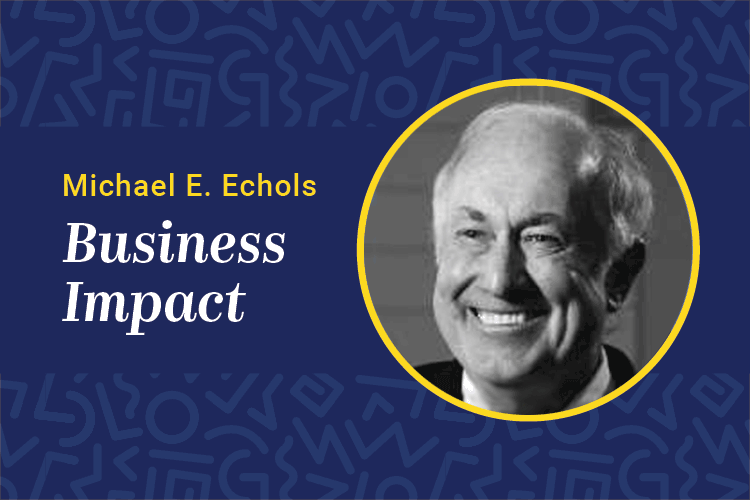
Few recent events have impacted beliefs and behaviors as rapidly as the federal tax code passed by U.S. Congress in December 2017. Within weeks of passage, a wave of corporate actions swept over the mantra of “the new normal” broadcast to defend sub-2 percent GDP growth. Actions spoke louder than words.
What, exactly, is the lesson to be learned? And how can that lesson be effectively applied to advance the goals of learning?
Let’s first examine the lesson itself. Deservedly, an immense amount of media is directed at the new tax law’s financial and economic implications. States with high state income and property taxes are squealing like stuck pigs about the unfairness of the law for residents within their state boundaries. At the same time, the vast majority of economists stalwartly defend their econometric models. Those models show that demographics and anemic productivity growth make 3 to 4 percent GDP growth impossible. The phrase “new normal” has proven to be a security blanket most mainstream economists have found extremely difficult to discard.
In spite of the intensity and frequency of news created to influence elections and/or generate clicks for ad dollars, it’s evident the new tax law has and will continue to have important economic consequences. So what are some of those implications and how do they relate to the learning community?
The reduction in the U.S. corporate tax rate has already had immense financial effects undeniable by even the “new normal” crowd. Early predictions of a stock market crash have been swept away by equity markets that are growing the 401(k) retirement accounts of everyday citizens across America. But it is not merely the fattening of corporate and individual balance sheets that is the lesson to be learned here.
What is most interesting about these recent national experiences are the changes in beliefs and behaviors that have resulted. People across the political spectrum are acting differently based on a revised set of beliefs.
The most visible action is the one being taken by individual and corporate investors. The financial indices are the scorekeepers on these new behaviors. People are investing in their own portfolios at an unprecedented rate while companies are feverishly increasing their own capital investment plans.
Within weeks of tax law passage, Apple announced its $350 billion investment plan. The close proximity between passage of the new tax law and the magnitude of the announcement is striking.
The plans for such investment must have been in the works for some time. Although I must confess I have never personally had to figure out how to spend $350 billion, one has to assume a lot of work over an extended period of time is required.
Examining what changed on such short notice is worthwhile: It was the beliefs and behaviors of Apple leaders. One can draw no other conclusion than that the infamous new normal of the recent past was nowhere to be found in the spaceship-shaped Apple headquarters in Cupertino, California.
When it comes to the economics of these changes, it is the prospect of accelerating capital investment that is the horn of plenty created by these tax changes. A core lesson is that the economics of increased investment linked to a big shift in beliefs and behaviors can produce dramatic real value.
What is the lesson to be learned by the leaders of the learning community that can qualify for the holy grail title of “best practice”? Like the currently demonstrated economic evidence in our nation, I argue that it is the changes in beliefs and behaviors with regard to investment that is the main driver.
So, you may ask, what exactly are those lessons that we in the learning community should adopt as our own? Unfortunately, I have used up my words allocated to this month’s column. Let me leave you with this tidbit: The lessons to be learned are indeed about the beliefs and behaviors of investment — exactly the same elements that are so powerfully driving value creation all around us as a result of the new federal tax laws. Stay tuned.
Michael E. Echols is principal and founder of Human Capital LLC and author of “Your Future Is Calling.” He can be reached at editor@CLOmedia.com.














